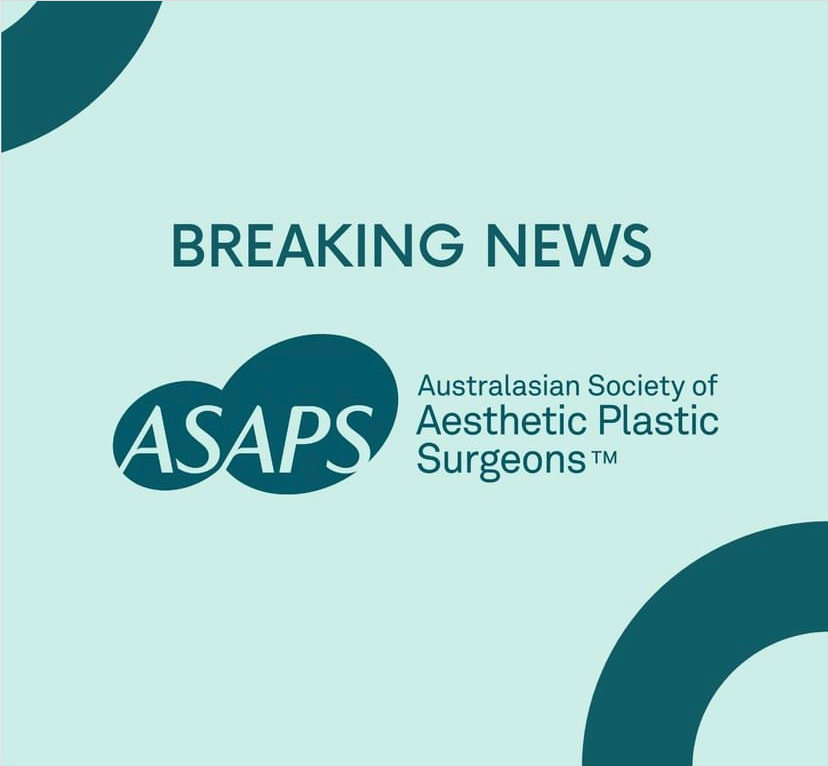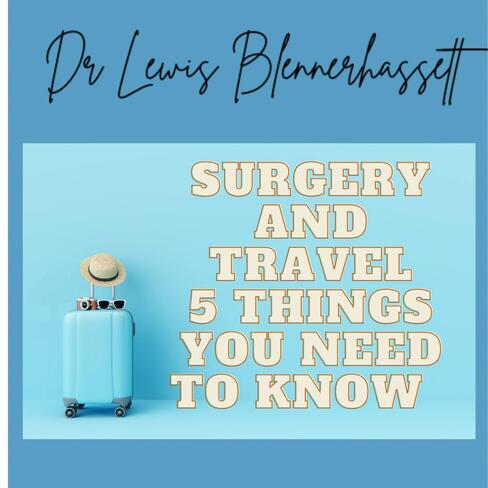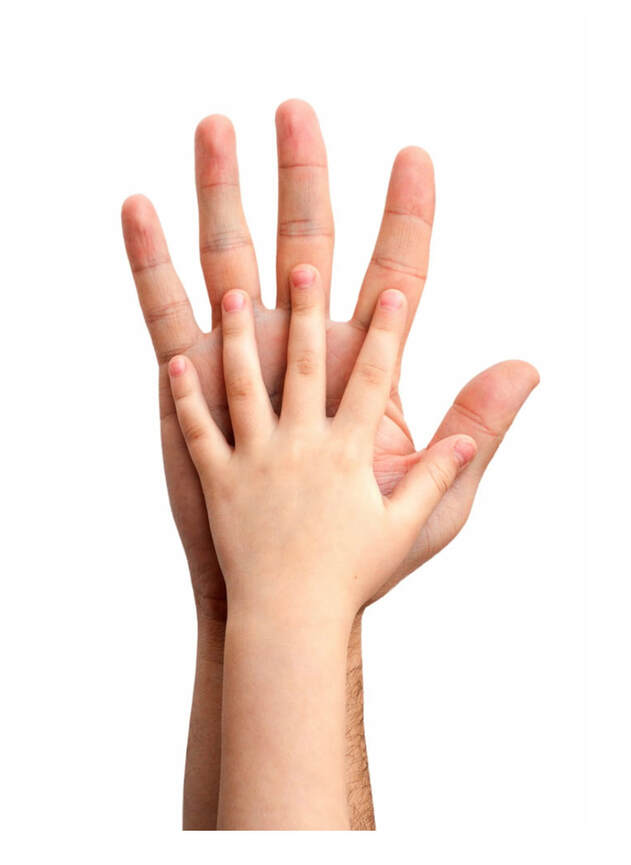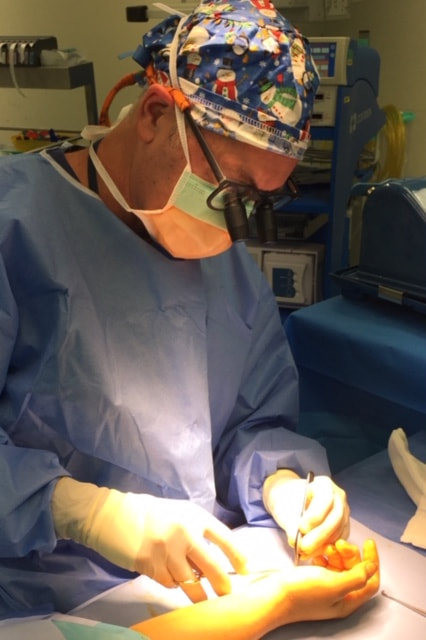 Media release 10/11/22/ from - The Australasian Society of Aesthetic Plastic Surgeons (ASAPS) - the peak body for plastic surgeons in Australia and New Zealand, whose focus is aesthetic plastic surgery. "ASAPS has won its decades-long battle to protect the title of ‘surgeon’ under the national law, as confirmed by AHPRA CEO Martin Fletcher during today’s Senate Estimates hearing. During questioning, AHPRA CEO Martin Fletcher revealed the decision to protect the title ‘surgeon’, referencing how “health ministers collectively have agreed to protect the title surgeon… so that will become a protected title in the national law.” The decision puts a historic end to the systemic butchering of patients by cosmetic cowboys referring to themselves as surgeons. The use of the highly deceptive title of ‘cosmetic surgeon’ has enabled a dangerous free for all that finally ends today. ASAPS president, Dr Timothy Edwards said: “Health ministers have finally recognised the significant danger around misuse of the title cosmetic surgeon. This move to protect the title of surgeon is common sense. You should not be able to perform invasive surgery if you are not a surgeon who has completed the Australian standard of surgical training that all surgeons must adhere to. “ASAPS are thrilled that patients are finally having their safety put first. It should have always been this way. “What contradicts today’s great achievements is AHPRA’s decision to push forward with a new inferior endorsement model that could see those who have misused the title of ‘surgeon’ grandfathered into a system created to allow them to perform surgery, despite those practitioners refusing to complete Australia’s surgical training requirements. “Rather than regulate health practitioners according to the nation’s existing high surgical standards, the regulator is creating new lesser standards to accommodate practitioners who want to bypass surgical training to perform invasive surgeries. This will put future Australian patients in great danger, yet again.” During today’s hearing, Fletcher referenced the regulator’s plans for a new endorsement model that could see medical practitioners without the correct surgical training to continue performing cosmetic surgery under a newly manufactured title. Under AHRPA’s proposed arrangement, medical practitioners will be permitted to advertise themselves as having an ‘endorsement’ for cosmetic surgery, even if they haven’t completed the correct training required to become a registered surgeon. Commenting on the hypocrisy of AHPRA’s proposed endorsement model, Edwards said: “AHPRA’s proposed new inferior endorsement model would see those who have misused the title of ‘surgeon’, grandfathered into a system created to allow them to perform surgery, despite those practitioners refusing to complete Australia’s surgical training requirements. To us, this is going backwards. “If you restrict the use of the term ‘surgeon’ to FRACS surgeons, and then endorse non-FRACS surgeons to perform cosmetic surgery, then either you were wrong to restrict the title or wrong to provide the endorsement. The two are mutually exclusive and you cannot have both. “Do we seriously think that AHPRA would propose an endorsement process to allow poorly trained practitioners perform heart transplant surgery? So why should cosmetic surgery be any less safe? “The restriction of the title ‘surgeon’ will go a long way to protect the public, but we cannot ignore the fact that the cowboys could no doubt use AHPRA’s proposed loophole to continue behaving like a surgeon without Australian Medical Council-accredited surgical training.” At today’s Senate Estimates hearing, Senator Anne Ruston said she remains “deeply concerned” and requested that AHPRA attend future senate hearings (today was the first time they have ever fronted Senate Estimates), to share updates on the rollout of this very serious matter. “I think that Australians would be very concerned at the lack of clarity you have been able to provide here today, that cosmetic cowboys will be off the market,” she said. “I think that you have only served [to make me think] that there is going to be an ongoing process of being able to short-cut one’s way to a qualification that will enable them to cut up someone’s face.” *The Australasian Society of Aesthetic Plastic Surgeons (ASAPS) is the peak body for plastic surgeons in Australia and New Zealand, whose focus is aesthetic plastic surgery. ASAPS membership is exclusively composed of registered specialist plastic surgeons with world-class expertise in cosmetic surgery and aesthetic medicine. ASAPS members are registered as specialists in plastic surgery by the medical councils of Australia and New Zealand, having undergone the foremost levels of Australian Medical Council-accredited training through RACS. All ASAPS members are fellows of RACS and are highly qualified and trained to perform world-class cosmetic surgery procedures. * ASAPS have led a campaign called ‘Know The Difference’ since October 2020: the campaign urges the public to know the difference between those who falsely claim to be registered surgeons by using the fabricated title of cosmetic surgeon, and the only practitioners who are appropriately qualified to be performing cosmetic surgery and registered as specialists in plastic surgery. Got a holiday coming up?
It’s important to share your travel plans with your surgeon and the practice staff. The five main reasons for this are; * So we can check the timing of your surgery is appropriate and allows ample time for recovery * Discuss what holiday activities and exercise you will be able to do * Check if the surgical wound will be sufficiently healed for you to be able to spend long periods in the car, to fly (possible risk of bleeding or DVT) or swim in the pool or ocean (possible increased risk of infection). * Discuss if you will have adequate back up medical support * If either your surgery or holiday has to be rescheduled, then we can do so early on Dr Blennerhassett - "I find some patients try and squeeze in their surgery before a holiday when, in some cases, it may be better to wait until afterwards, when they are back to their normal routine and have more back up support around." Hand injuries
Injury and trauma to the hand can result in damage to the 27 bones (including the 8 bones of the wrist) or associated structures - muscles, skin, nerves, tendons, ligaments, joint cartilage, arteries, veins, and fingernails. Injuries can be the result of a blunt force - such as falls and crushing injuries – or from sharp lacerations causing damage to skin, nerves, arteries and tendons. Common hand injuries by age group Adults - workplace, sport or home accident Elderly - falls Older Children – sport-related. Toddlers – fractures and lacerations (common because they use their hands to explore) Infants – Fingertip injuries Common hand injuries explained Fracture – this is just another word that means “broken bone”. The word fracture on its own does not describe how bad the broken bone is. A fracture can be; undisplaced – this can look like a crack in the bone. or displaced – this means that the fracture pieces have moved apart from each other. This can be minimally displaced (only moved by a little bit) or significantly displaced (where the pieces have either separated from each other or slipped along from each other). This displacement can be in several directions. The bones can be; * “bent” - called angulation of the fracture. * “twisted” – called rotation deformity. * “separated” - leaving a gap between the bones. Other types of fractures are - * comminuted fractures - where the bones are broken into several pieces. * open fractures (compound fractures) – where there is a laceration directly over the fracture, or the bones are coming through the skin. * intra articular fractures - where the fracture goes into a joint. * growth plate fractures – only occurring in younger patients with growing bones, this is where the fracture goes into or through the growth plate of the bone. Treatment of fractures depends on multiple factors. Different types of fractures need different treatment. Sometimes no treatment of a fracture is required other than a splint/plaster and rest. Sometimes major surgery is required for a fracture if it needs to be reconstructed. Dislocation – this occurs when two bones which are joined together at a joint become separated forcefully. Tendon injuries – A tendon is a structure which moves a bone or joint, being pulled by a muscle. Sometimes these can be torn or cut. Tears of tendons tend to occur at the joint where they attach to bone, rather than in the middle of the tendon. Ligament injuries – A ligament is a structure that holds two bones together at a joint. It stops the joint from becoming dislocated and it holds the joint steady when it is bending or moving. A forceful motion against a bone can tear a ligament, resulting in either an unstable joint or a dislocated joint. What are the common causes of hand injuries? Common sporting hand injuries – Fingers, hands and wrists are often injured in sporting activities, resulting in many different damage patterns. Fractures, sprains, dislocations, tendon injuries and ligament injuries are common. Some sports even have their own characteristic injuries that are named after the sport – e.g. skier’s thumb and football jumper tendon avulsion. Fingers – although fingers are commonly injured in ball sports and the injury is often minor, sometimes they can be much more significant and require further treatment. A careful examination of the injured part is required, and in many cases additional investigations such as x-rays, CT scan, MRI scan or ultrasound may be required. Tendon injuries, ligament injuries and dislocations all require specialist hand surgeon assessment. Not all of these will require surgery, but some will. The decision is made after the assessment of the patient and the results of the investigations. In many cases, the additional input of a qualified hand therapist is required. Common home hand injuries; sharp injuries - with knives, glass and exposed metal surfaces such as opened tins, roof materials and fences. A small cut to the skin can sometimes be deceptive and there may be underlying damage to important structures such as injury to nerves and tendons, which will need repair. A careful examination by a hand surgeon is needed to exclude this, as well as scans and x-rays. Sometimes exploratory surgery is required to exclude damage to these structures. *blunt or crushing injury – due to fingers being caught between two hard or heavy surfaces and can lead to skin, bone or joint damage. Nail and nail bed injuries caused in this manner are common. *burns to finger and hands occur from splashes of hot oil or fat or from inadvertent contact with hot surfaces. *falls – often occurring in the elderly, resulting in fractures and dislocation of joints Common workplace hand injuries – crushing-type injuries from heavy objects, power tool accidents causing multiple layer injury. Common childhood hand injuries – fingers trapped in doors, fingers caught in moving objects such as bicycle chains. Cuts from glass and other sharp objects such as lid of a can. Hand injuries surgery care Perth hand injuries surgeon Dr Lewis Blennerhassett personally oversees your care from your first consultation through to full recovery. At your first visit, he will listen to your needs, discuss your requirements, concerns and risks, and an operative plan will be formulated specifically for you. Next you will chat with our friendly practice manager – she will help you find a suitable date for your surgery and advise on necessary individual preparations. If you are a smoker, it's highly recommended that you stop because smoking can impair the blood circulation in your hand and delay your recovery time. Does hand injuries surgery require anaesthesia? Some minor injuries can be repaired under local anaesthesia (patient is awake), with the injured area numbed with injections. However, many injuries will require general anaesthesia (patient is asleep) to allow thorough exploration and repair. This will be discussed with each patient individually, since there are many factors involved in making this decision. Hand injuries surgeon Dr Lewis Blennerhassett ensures his hand surgery is performed only in fully accredited, fully equipped hospitals, with skilled anaesthetists, with the highest qualifications. He only works in reputable hospitals and clinics that comply with the highest Australian standards of safety, cleanliness, infection control, staffing and equipment. *This is general advice for general education and information purposes. Contact a qualified healthcare professional for any medical advice needed. Dr Blennerhassett will discuss your individual expectations, risks and recovery management with you. This does not contain all the known facts about this procedure or every possible side effect of surgery. Any surgical or invasive procedure carries risks. Before proceeding, you should seek a second opinion from an appropriately qualified health practitioner. Consultations with Dr Lewis Blennerhassett
During the peak of the COVID pandemic, we were conducting consultations either over the phone or as a videoconference. This was quite good for certain types of consultations, such as skin cancer reviews, and follow-up reviews of patients. However, many consultations really need to be performed face-to-face, such as certain cosmetic consultations, as well as hand examinations that require a physical examination. Best cosmetic surgeon perth, Best plastic surgeon perth - now there is a more effective way than a random google search to find a highly trained, experienced surgeon.
Shout out to my patients with post operative wounds who won’t be able to go into the water for a bit. I too love swimming and surfing but you need to know that it’s important for you to keep your wound dry and stay out of the water.
(image - my family enjoying WA's beaches) Before having breast implant surgery read the latest update from the Australian Society of Plastic Surgeons. Read their recent findings and concerns regarding textured breast implants
|
Dr Lewis Blennerhassett | Subiaco Plastic Surgery
Dr Lewis Blennerhassett (MED0001532372) Specialist Plastic Surgeon
Registered medical practitioner, Specialist registration in Surgery – Plastic Surgery
*Adult content. Any details are general in nature and are not intended to be medical advice or constitute a doctor-patient relationship. Contact a qualified healthcare professional for any medical advice need
*Dr Blennerhassett will discuss your individual expectations, risks and recovery management with you. This does not contain all the known facts about this procedure or every possible side effect or complication of surgery. *Any surgical or invasive procedure carries risks. Before proceeding, you should seek a second opinion from an appropriately qualified health practitioner.
*Undergoing cosmetic surgery is a serious decision, needing careful consideration and planning. It requires a recovery period and care regimen. This may include wearing a postoperative garment, absence from employment, temporary restrictions on activity.
*Before and after images - outcomes shown are only relevant for this patient and do not necessarily reflect the results other patients may experience, as results may vary due to many factors including the individual’s genetics, diet and exercise.
*Copyright - © Lewis Blennerhassett 2015-2022 All Rights Reserved
|
|
Subiaco Plastic Surgery
69 Thomas Street, Subiaco Instagram and FB - drlewisb Contact Tara, Domenica and Paula on 9381 6977 or [email protected] Privacy Policy | Digital Marketing by Living Online
|







